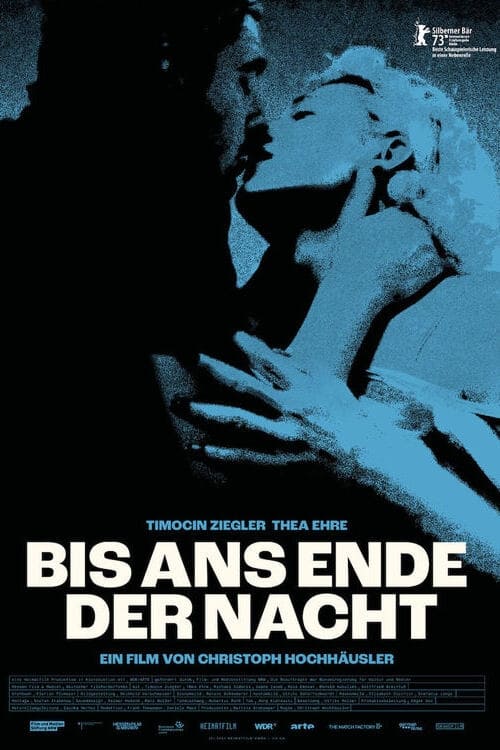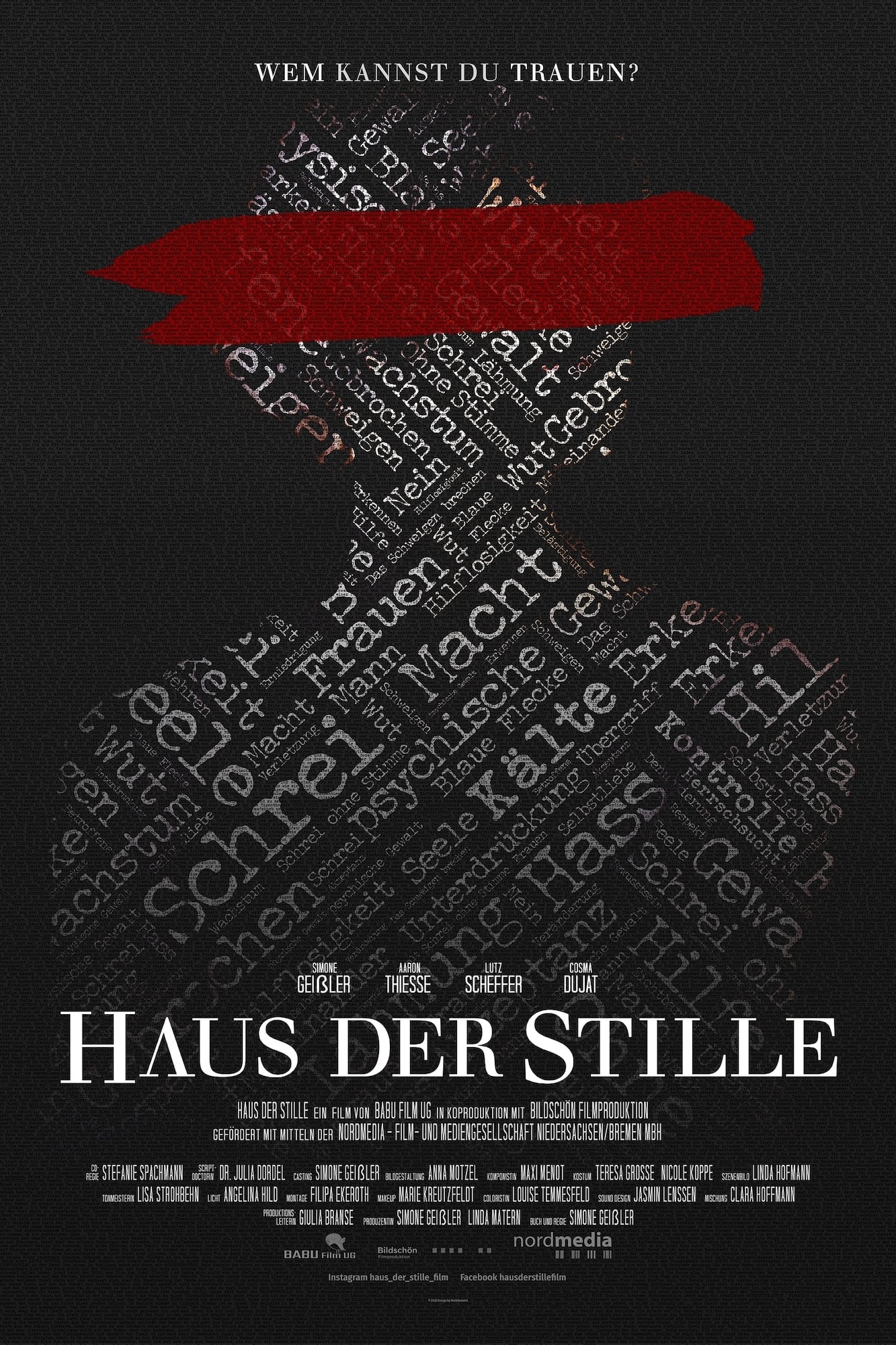
Schola Gregoriana Scivias Ensemble, Malagoli Matteo, Ruvo Irene De & Fullin Milli – Early Neapolitan Cello Music (2021)
FLAC (tracks) 24 bit/88,2 kHz | Time – 01:04:56 minutes | 1,06 GB | Genre: Classical
Studio Masters, Official Digital Download | Digital Booklet, Front Cover | © Brilliant Classics
The cello was a beneficiary of the remarkable flowering of high culture sponsored by both ecclesiastical and aristocratic patrons in early 18th-century Naples. In 1717, Rocco Greco (1650-1718) became the last appointed player of the viola da gamba in the Royal Chapel dedicated to the treasure of St Januarius, the patron saint of Naples. Both Greco and his colleague Gaetano Francone (c.1650-1717) produced new music for the cello which was suitable for performance within the liturgy of the chapel.
Rather as composers of alternatim organ masses wrote elaborations of chant for the organ to be played between the chanted verses of the liturgy, so Greco composed 11 virtuosic ‘diminutions’ which were elaborated from the bass part of vocal motets setting Vespers texts. In performing the diminutions, Malagoli prefaces them with a chanted version of the Gregorian antiphon on which the motets were based.
The resulting sound is an Italian-accented equivalent to the viol ‘divisions’ which English composers such as Locke and Simpson were producing at this point. Both lively and melancholic in mood according to the key signature, these brief Diminutions and Passagagli both demand a virtuoso technique from the performer and a degree of imaginative flair in the interpretation of the manuscripts. Matteo Malagoli’s world-premiere recordings satisfy both criteria.
As a gambist and cellist, Malagoli has explored the history of bass string instruments for several decades, both in solo recitals and as a chamber musician and a continuo accompanist to several renowned Italian early-music groups. He is ideally placed to bring unrivalled authenticity and style to these new discoveries, which place the cello in an unusual context of sacred music and brings two significant Neapolitan composers to light: an essential album for all early-music enthusiasts.
Throughout the 17th and 18th centuries, hundreds of churches and religious houses across Naples employed musicians, singers and instrument makers. They competed with one another to present the most stylish or lavish music for liturgical use. One of the new instruments introduced in the Church was the Violoncello. Rocco Greco and his colleague Gaetano Francone produced new music for the cello which was suitable for performance within the liturgy of the chapel. Rather as composers of alternatim organ masses wrote elaborations of chant for the organ to be played between the chanted verses of the liturgy, so Greco composed 11 virtuosic ‘diminutions’ which were elaborated from the bass part of vocal motets setting Vespers texts. In the present recording the diminutions are prefaced with a chanted version of the Gregorian antiphon on which the motets were based. Francone, meanwhile, composed a collection of 10 short Passagagli. The ten pieces, based on the passacaglia bass pattern, are written for cello and basso continuo.
Italian cellist and musicologist Matteo Malagoli specializes in little-known 19th-century repertoire, having also published research on British and Italian organs and the era of Italian Baroque music between the gamba and the cello.
Tracklist:
1. Viri galilaei: I. Gregorian antiphon (00:33)
2. Viri galilaei: II. Cello diminution (03:30)
3. Loquebantur: I. Gregorian antiphon (00:51)
4. Loquebantur: II. Cello diminution (02:13)
5. Miserator dominus: I. Gregorian antiphon (00:44)
6. Miserator dominus: II. Cello diminution (03:34)
7. Dum esset rex: I. Gregorian antiphon (00:33)
8. Dum esset rex: II. Cello diminution (03:02)
9. Veni sponsa: I. Gregorian antiphon (00:27)
10. Veni sponsa: II. Cello dimiunution (02:54)
11. Ecce sacerdos magnus: I. Gregorian antiphon (00:29)
12. Ecce sacerdos magnus: II. Cello diminution (04:28)
13. Non est inventus: I. Gregorian antiphon (00:27)
14. Non est inventus: II. Cello diminution (04:21)
15. Sacerdos dei: I. Gregorian Responsorium (02:17)
16. Sacerdos dei: II. Cello diminution (05:15)
17. Domus mea: I. Gregorian antiphon (00:25)
18. Domus mea: II. Cello diminution (03:44)
19. Fidelis servus: I. Gregorian antiphon (00:28)
20. Fidelis servus: II. Cello diminution (03:48)
21. Veni electa mea: I. Gregorian antiphon (00:22)
22. Veni electa mea: II. Cello dimiunution (03:50)
23. Passagagli No. 1 in G Minor/Major (01:53)
24. Passagagli No. 2 in A Major (01:41)
25. Passagagli No. 3 in B Minor (01:51)
26. Passagagli No. 4 in C Major (01:45)
27. Passagagli No. 5 in D Minor (01:40)
28. Passagagli No. 6 in E Minor (01:29)
29. Passagagli No. 7 in F Major (01:57)
30. Passagagli No. 8 in G Major (01:35)
31. Passagagli No. 9 in B Major (01:21)
32. Passagagli No. 10 in F Major (01:29)
Download:









